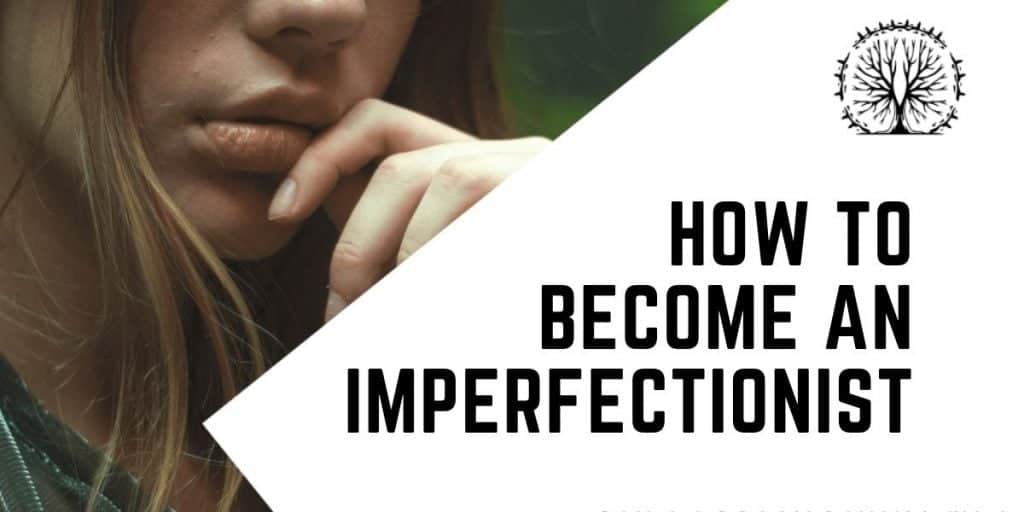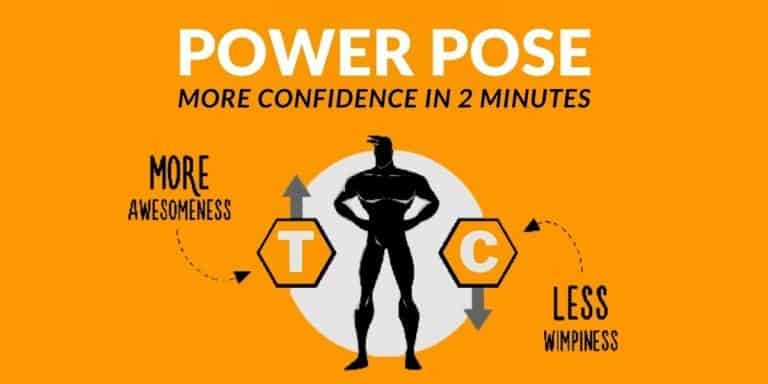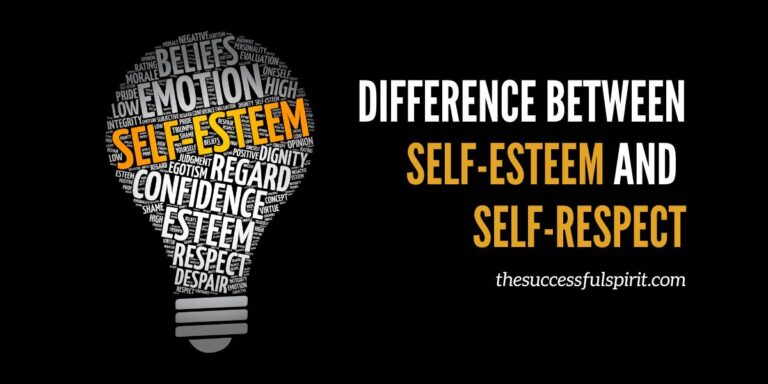Become An Imperfectionist
With the rise of social media, many of us are constantly striving to be perfect. We want to put our best selves forward into the world, and we think that means being perfect. But what if we changed our mindsets and embraced imperfections?
Becoming an imperfectionist could lead to greater personal growth and happiness. In this article, we will discuss how imperfectionism can help you overcome perfectionism and how it can make you more productive in life.

DON’T ALLOW PERFECTIONISM TO PREVENT YOU FROM DOING AMAZING THINGS
Why embrace imperfectionism
- Most people will never notice your mistakes when you make them anyway – When are you enjoying something (music, a movie, a book) how often do you notice the mistakes? The creator would tell you that they’re there, but you don’t notice them. Others won’t notice yours.
- Perfectionism gives life to procrastination – Perfectionists find it easy to reason: Perfect is unattainable, so why even start – so they rarely do/create things of value.
- Perfection is often in the eye of the beholder – What you see as imperfect could very likely be something that other people love… you would be surprised at how true this is.
- Life is nearly always a rough-to-refinement process anyway – You had to crawl (and fall) before you could walk (imperfection). If you had waited to begin walking until you could do it without falling, you would have probably never walked at all.
- Perfectionism is life in the slow lane – When you slowly create because you want to be perfect along the way, you move through life at a slow and unsatisfying pace.
- Perfectionism causes unpleasant backlogs in life – Because of the pace that most perfectionists move through life, they often feel overwhelmed and ‘paralyzed’ about taking action and making decisions, so they don’t do either very much. As a result, they often feel ‘buried’ by everything life continues to throw at them.
- People often connect better with someone who is imperfect – A person who makes mistakes and who isn’t afraid to allow others to see them seem more human and approachable than an overproduced perfect personality that seems too unreal to be human.
- Perfect may be far from perfect – It’s crushing to spend weeks, months, or even a year creating something ‘perfect’, only to discover that others don’t like it. It’s better to quickly create and share imperfect things and let others tell you how to improve them.
- Striving for ‘perfect’ makes you unhappy and miserable – Because of the impossibly high expectations that go with it, perfectionism keeps you in a constant state of frustration, restraint, uncertainty, and disappointment about everything you do – this drains the joy out of many of life’s best experiences. Embracing imperfectionism is liberating!
Realize that striving for perfection and striving for excellence are not the same
- Perfection is impossible. Excellence is doing the best you possibly can, which is possible!
Just create, do, and SHIP IT!
- You may flub what you say
- You may misspell a word
- It may not look like it does in a book
- You may have a blemish or two
- Someone will probably say something bad about it
- There’s someone out there that will do it better
- You may wish you had learned more tips, how-tos, and strategies
- It may not be your best work
- It will probably be incomplete in some way
- There’s likely lots of room for improving it
- There will be imperfections about it that drive you insane
- But CREATE IT AND SHARE IT WITH THE WORLD ANYWAY, because done is better than perfect!

The recipe for doing amazing, imperfect things (The Pareto Principle)
- Make it, say it, or do it as excellently as you possibly can in a reasonable time (usually 80-90% perfect)
- Ship it
- Learn from your mistakes and feedback, then refine
- Repeat Steps 1-3
- Read Books About how to become an imperfectionist
- Be confident
In conclusion, becoming an imperfectionist requires a determined effort to accept that mistakes are inevitable and are part of the learning process. It is important to change one’s perspective on their life, to focus on growth and development, rather than getting caught up in what could have been.
An imperfectionist mindset can positively impact relationships, daily habits, and overall well-being. Taking the time to practice mindful awareness, forgiveness and self-love can help foster a healthier relationship with oneself.






